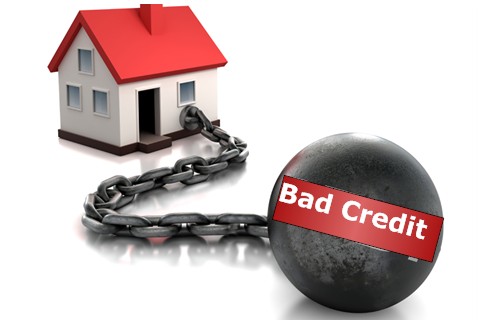-- Michelle Dickens, A Disguised Threat, The Witness, p. 13. 06 April 2013.
 So, only about 10,45 million South Africans have credit that is in good standing. With a population of 50,5 million - of which about 18.5 million are under 18 - we have an adult population of 32 million. Of these 32 million only 10,45 million have access to credit - that is about one third. Two thirds is entirely excluded from credit.
So, only about 10,45 million South Africans have credit that is in good standing. With a population of 50,5 million - of which about 18.5 million are under 18 - we have an adult population of 32 million. Of these 32 million only 10,45 million have access to credit - that is about one third. Two thirds is entirely excluded from credit.Now - what do you need credit for? Anything from buying a car to buying a house/apartment. Although, currently, in South Africa, people have more and more started paying for daily expenditures such as food and clothing through credit as well.
Now - from those whose credit is in good standing - we have to remember that only a fraction of that segment will be able to actually afford something like a car or a house, because to have good credit doesn't mean that one has a income high enough to be able to get a loan or a bond large enough to be able to buy such things as cars and houses. So - we halve that amount - then we end up with 5,28 million adult South African citizens who can afford to buy a house or a car.
To have a house or an apartment is not a luxury - it's a basic necessity - everyone household should own one. Currently less than 10% of the South African population is capable of buying a house - one that isn't made of mud and sticks.
So - how is it that we think it is okay to have a market force decide on the distribution of something as necessary as housing? Where we end up with only a 5th of the population having access to the funds to buy a house?
If this is what we as a people think to be an effective way of distributing the goods and services that exist among the population - then yes, by all means - let's continue with what we have. But if you as I see the ludicrousness in this situation - then I suggest you investigate Equal Money Capitalism as an alternative way of distributing resources. A way where every household is guaranteed to have a house - lol, at least, then it would make sense to call it a 'household'.











No comments:
Post a Comment